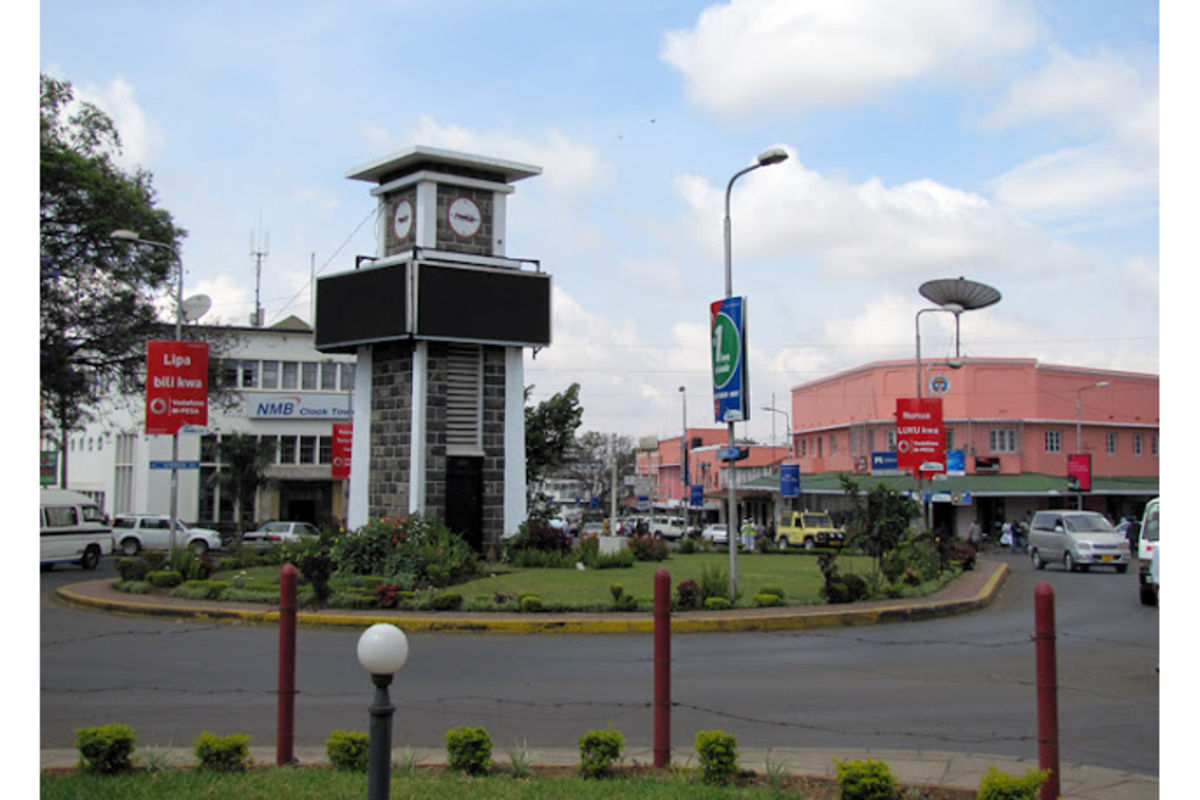
Arusha. Businesses reopened in Arusha yesterday amid a cash crunch after the long end-of-the- year festivities.
Workers reported on duty in large numbers at institutions that closed in early December as they braced for resource scarcity in the ‘dry’ January.
The same fears gripped parents of school-going children who reported to their learning institutions yesterday over fees, uniforms and other requirements.
December is the time when practically all learning institutions countrywide, from kindergartens to colleges, close for the holidays.
The same applies to tens of non-state institutions which would normally send their workers home during the period for a break.
Such holidays are more pronounced with regional organisations as well as local and regional NGOs and some companies.
This often renders the country’s safari capital’s streets and office building corridors less congested.
But things changed from yesterday as the city came back to life with businesses in a dozen regional bodies reopening for routine work.
Key among them is the East African Community (EAC) headquarters offices with nearly 300 employees, which re-opened after nearly a month’s break.
Organisations affiliated with the Community such as the East African Business Council (EABC), the East African Law Society (EALS) and a host of others followed suit.
The ‘tradition’ is also observed by regional bodies with a high number of workers such as the African Court of Human and People’s Rights (AfCHPR).
Balthazar Nduwayesu, who once worked with the ICTR, the former UN Tribunal for Rwanda, said the impact of holidaying workers was bigger before the ICTR closed shop.
“The Tribunal then had nearly 1,500 workers, some 1,000 of whom were international staff, at the peak of its activities years ago.”
“When it closes in December, nearly all of them (international saff) travel outside the country. This is not entirely the case with those at the EAC,” he told The Citizen.
Absence of those working with the international bodies was more noticeable from around December 15th to January 15th. “You can feel the impact even with the local staff”.
Arusha city becomes less hectic from mid-December also because some residents go back to their home villages to celebrate Xmas and New Year.
Isaac Mutuku, a Kenyan designer working here, said although business was slow in December, he did not close, nor did most businesses. “It was a bit boring business-wise, as some people left the city. But December has its boom in entertainment centres and bookstores,” he pointed out
The mood, however, started to change this weekend with a transport glitch as students rushed back to school and college.
At the end of the central bus terminal in Arusha, students carrying heavy luggage could be seen connecting transport to various destinations. For many parents, January is a challenging time to settle school and college fees given the diminished resources after the New Year.
A hotel employee who identified herself as Betty said she needed at least some Sh3 million to pay for school expenditures for her children.
“I am not sure where to get this money now that schools are reopening. At our workplace we don’t get loans,” she said.
Odero Odero, an official of an Arusha-based NGO said the education officials have had sleepless nights during the entire December break.
“They were scratching their heads over how to build additional classrooms to absorb new entrants to Form One,” he told The Citizen.
The school rush has been a boon of some sort for bookshops as parents and the young learners alike descend on them for purchases.
An Arusha businessman, Walter Maeda said the perception that most people from Kilimanjaro desert the city during Xmas was exaggerated.
“It has been seen as a taboo. But it affects people from other regions as well. These days you only find shops closing only on Xmas day, not a week,” he said. Adding that even shop owners from Kilimanjaro and other regions heading to their rural homes, leave some people behind to manage the businesses.
Mr Maeda, who is the chair of the regional business chamber, said the year 2023 could pose a challenge in food production in the wake of unfavourable weather.
Share this news
This Year’s Most Read News Stories

Zanzibar, Tanzania: Inflation hits five-year high
With Covid-19 and the war in Ukraine being blamed after inflation in Tanzania and Zanzibar rose to 4.5 this year and is climbing – the highest rate since November 2017Continue Reading

Ground handling firms in Zanzibar start cutting jobs
ZAT and Transworld, companies providing ground handling services at Abeid Amani Karume International Airport, have to lay off workers to stay afloat.Continue Reading

Insecurity prompts Zanzibar to review its lucrative island leasing
The Tanzanian central government is planning to boost its security presence in the Zanzibar archipelago. A commission tasked with auditing the country’s security forces was appointed in July by President Samia Suluhu Hassan. It says it is concerned about the situation in the country’s Indian Ocean islands that are under the control of the semi-autonomous Zanzibar local government.Continue Reading










